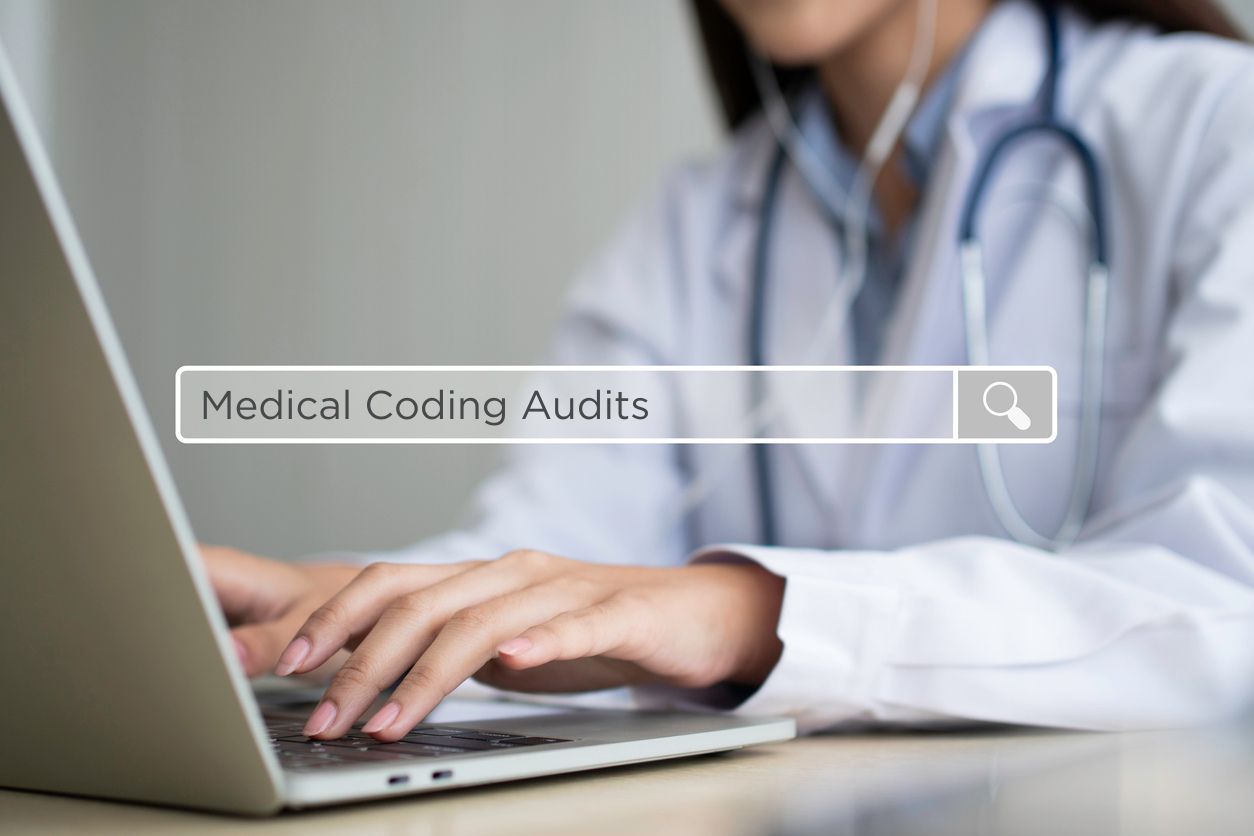Jul 17, 2023

Avoiding common mistakes during medical coding audits requires careful attention, ongoing training, thorough documentation, and a well-implemented plan of action. Here are some strategies to prevent common errors:
- Stay Up-to-Date with Coding Guidelines: Constantly update your knowledge of the latest coding regulations, changes in ICD-10, CPT, and HCPCS Level II codes, and any relevant CMS guidelines. Regular training sessions, webinars, and professional workshops can help in this regard.
- Establish a Cross-Checking System: Create a robust system to cross-verify the codes used with the actual diagnoses, procedures performed, and the medical necessity documented in the patient's records. Use auditing software to check the accuracy of coding and reduce the likelihood of human error.
- Prioritize Documentation: Ensure that every code is supported by appropriate clinical documentation. Implement a process for reviewing and improving documentation practices. This can include random audits of records, feedback sessions with healthcare providers, and targeted training sessions.
- Invest in Provider Education: Healthcare providers should be aware of the impact their documentation has on coding, auditing, and billing. Regular training and feedback sessions can help them understand and improve their documentation practices. It's also beneficial to have clear channels of communication between providers and coding staff.
- Utilize Data Analysis: Use data analysis to identify patterns in your coding practices. Regularly analyze your audit results to spot trends or issues like overcoding or undercoding. Software tools can assist in this task by providing visualization and statistical analysis of your coding data.
- Perform Regular Audits: Carrying out frequent coding audits helps you identify and address potential issues before they become significant problems. The frequency will depend on various factors, such as the size of your practice and past audit results, but it's generally recommended to conduct audits at least annually.
- Implement Corrective Actions: Finally, whenever mistakes or inconsistencies are discovered during an audit, make sure to take corrective actions. This might involve retraining staff, revising your coding procedures, or improving your documentation practices. Monitor the effectiveness of these actions over time to ensure they are producing the desired improvements.
Remember that avoiding errors in medical coding audits is a continuous process of learning, adaptation, and improvement. Regularly reassessing your procedures and making the necessary adjustments will go a long way in maintaining the integrity of your coding processes.
If you’re looking for tips on how to maximize your medical coding audit budget, read our recent blog post here: https://hiacode.com/blog/maximizing-your-medical-coding-audit-budget
Ready to invest in Coding Education?
Check out HIAlearn.com, our online medical coding education platform with more than 200 AHIMA approved courses, with a select approved by AAPC.
Since 1992, HIA has been the leading provider of compliance audits , coding support services and clinical documentation audit services for hospitals , ambulatory surgery centers , physician groups and other healthcare entities. HIA offers PRN support as well as total outsource support . Known industry-wide for its premier education offerings, HIA most recently launched HIAlearn , its new 100% virtual online learning platform with coding courses available for immediate purchase. HIA also offers Atom Audit, its proprietary medical coding audit and data analytics software. To join the HIA team, visit hiacode.com/careers.
Subscribe to our Newsletter
Recent Blogs
Related blogs from Industry News , Medical Coding Tips
CMS Hospital Compare is a public reporting pl...
Premier benchmarking is widely used by hospit...
PEPPER reports help U.S. hospitals identify o...
CMS has released the updates to the ICD-10-PC...
Subscribe
to our Newsletter
Weekly medical coding tips and coding education delivered directly to your inbox.




